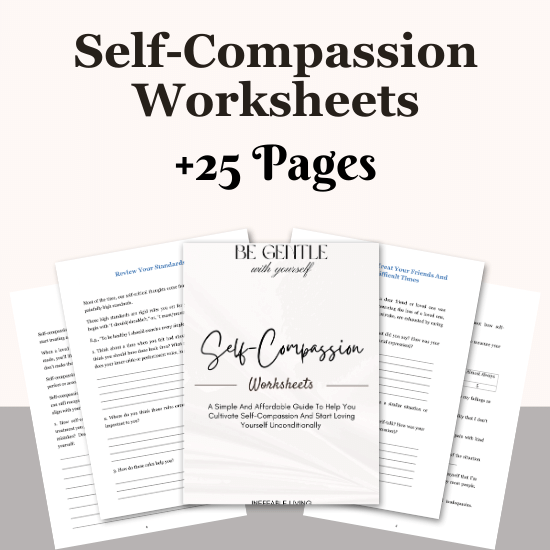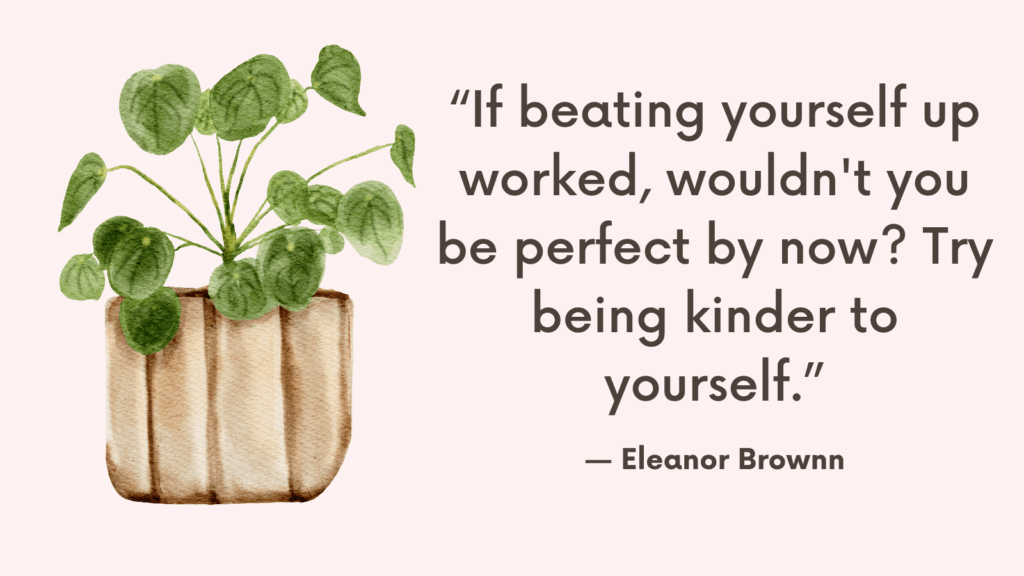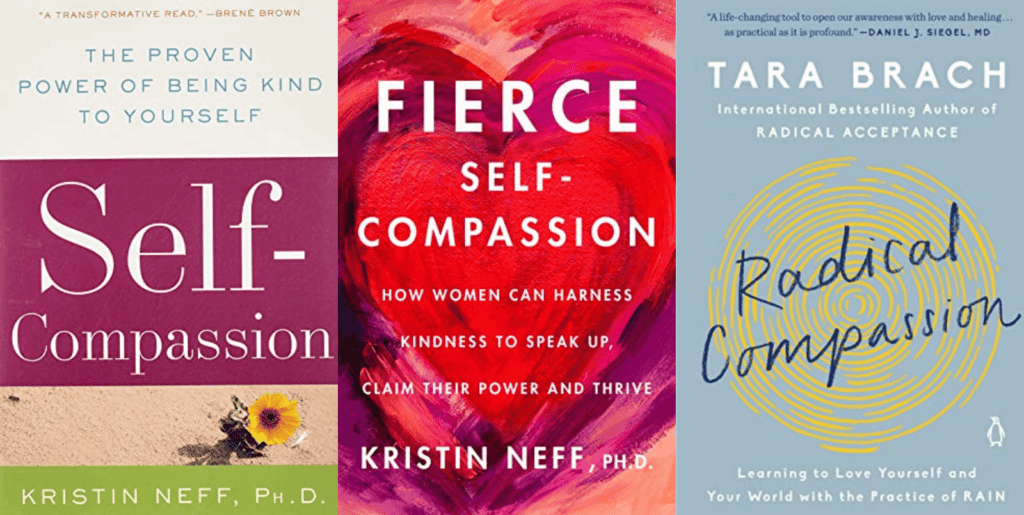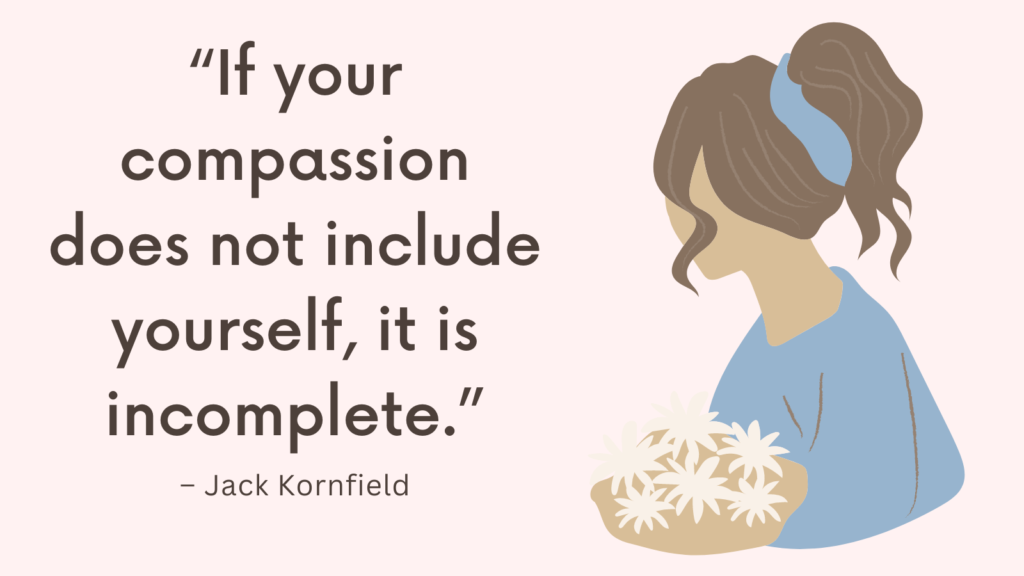Mistakes are inevitable — but the way you speak to yourself afterward shapes everything. Harsh self-talk doesn’t build character. It builds shame, fear, and paralysis. Kindness, on the other hand, doesn’t let you off the hook — it keeps you grounded enough to learn, repair, and move forward. If you tend to beat yourself up after you mess up, here’s how to start shifting that inner conversation with more compassion and emotional maturity.
Why Self-Kindness Feels Impossible After a Mistake
Many people were raised to believe that mistakes should be punished, not processed. When you mess up, it often triggers inner narratives shaped by fear, shame, or past conditioning. This happens because:
- You equate mistakes with failure or unworthiness
- You learned to use harsh self-talk as a way to “motivate” yourself
- You fear judgment or rejection if others see your flaws
- You’ve internalized the idea that being hard on yourself is responsible
- You never witnessed or learned healthy repair after making a mistake
The result: self-compassion feels unsafe, even when it’s needed most.
Related: How to Practice Self-Forgiveness?
How to Talk to Yourself Kindly When You Mess Up?
1. Pause Before You Pile On
The instinct may be to immediately spiral: “What’s wrong with me?” “I always ruin things.” Instead, pause and take a breath. Give your nervous system a moment to settle so you can respond instead of react. The first step to kindness is simply not rushing to attack yourself.
2. Say What Happened — Without Shame Language
Describe the mistake without labeling yourself.
Instead of: “I’m so stupid.”
Say: “I made an error in how I handled that.”
This keeps your identity separate from the action — which is key to staying grounded in growth, not shame.
Related: Self-Compassion Quiz (+FREE Self-Compassion Resources)
3. Ask: What Would I Say to a Friend?
If someone you love made the same mistake, how would you respond? You’d likely show patience, offer perspective, and remind them that one moment doesn’t define them. You deserve the same tone — not because you’re perfect, but because you’re human.
4. Remind Yourself That Everyone Messes Up
Perfection is a myth. Everyone — no matter how successful or self-aware — has moments they wish they could take back. You are not the exception. Saying, “This happens. I’m not alone,” helps you stay connected to your shared humanity.
5. Own the Mistake With Honesty, Not Cruelty
You can be accountable and kind at the same time.
Try: “I didn’t handle that well, and I want to do better.”
This kind of truthfulness is firm, but loving — and it’s far more effective than beating yourself into submission.
Related: How To Be Gentle With Yourself? Top 5 Ways To Practice Self-Compassion
6. Speak a Grounding Affirmation
Try simple phrases like:
“I’m still worthy.”
“One mistake doesn’t erase my progress.”
“I can learn from this without punishing myself.”
Let your voice be a stabilizer, not an additional source of chaos.
7. Repair Where Needed — Then Release
If your mistake affected others, take responsibility and make amends. But once you’ve done that, let it go. Continuing to punish yourself after making things right doesn’t serve anyone. It’s okay to move on.
8. Reflect on What You Needed in That Moment
Ask yourself gently: “What was I missing when I made that decision — support, sleep, boundaries, time?” This shifts the focus from judgment to understanding, which builds long-term self-awareness and resilience.
9. Notice If the Inner Critic Sounds Familiar
Often, our harshest thoughts echo voices we internalized — from childhood, past relationships, or toxic environments. Recognizing that those voices aren’t your own helps you reclaim your right to speak to yourself differently.
10. End the Moment With Care
Do something kind for yourself — even if it’s small. Take a walk, drink water, write a quick journal entry, or just place a hand on your heart. Let your nervous system feel that even after a mistake, you’re still safe with yourself.
Related: Best 18 Self Compassion Journal Prompts (+FREE Worksheets)

Conclusion
You don’t need to be flawless to be kind to yourself. Mistakes are not proof of failure — they’re part of the learning curve of being human. When you treat yourself with care in the hard moments, you’re not being soft. You’re being strong in the way that truly matters.



